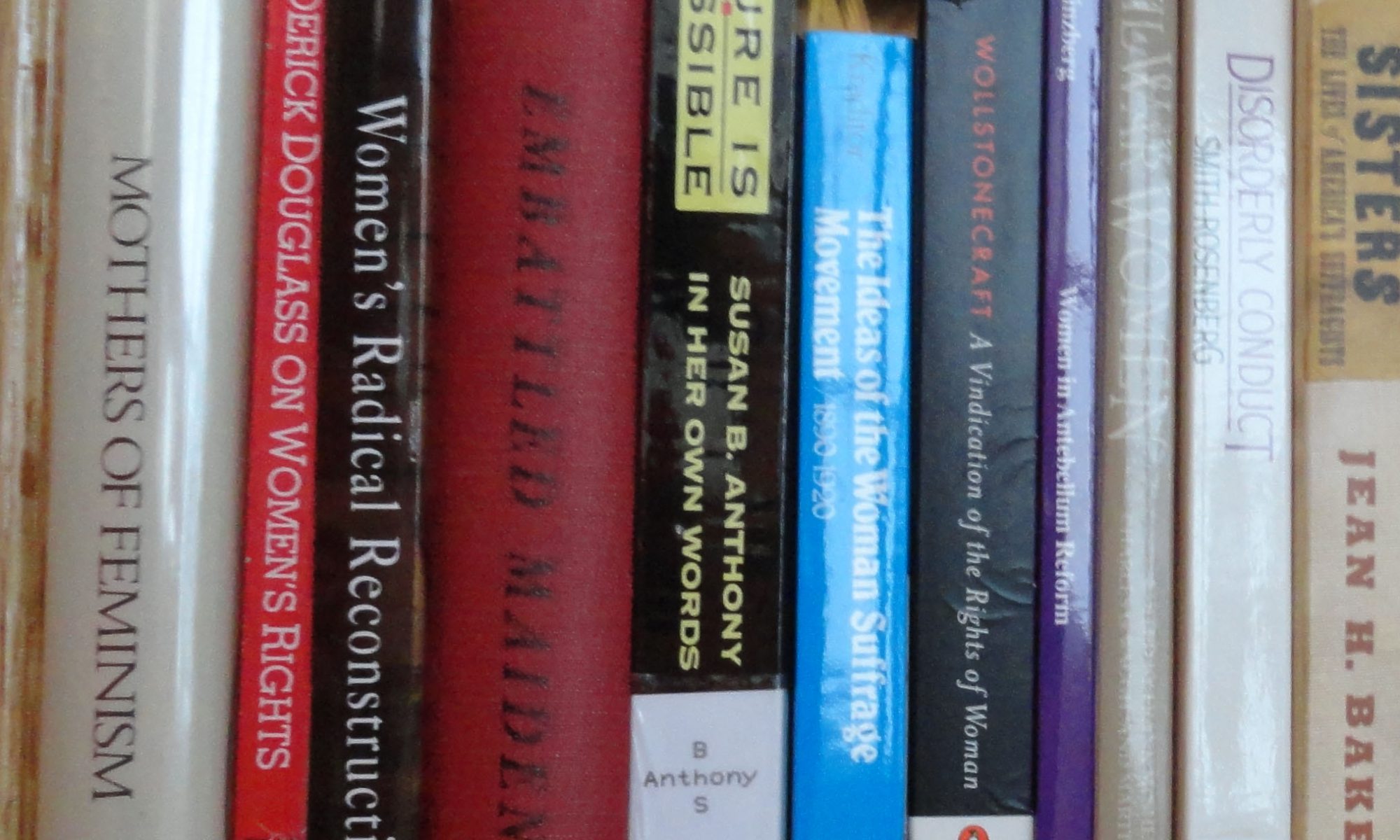
If the American way of life fails the child, it fails us more.
Pearl S. Buck (1982-1973) spent all her childhood and a good part of her adult life living in China. Most of her over thirty novels are based on this experience and were instrumental in shaping American views of life in China. In 1938 she received the Noble Prize for Literature for creating “a human sympathy passing over widely separated racial boundaries and for the studies of human ideals which are a great and living art of portraiture.”
In her lifetime Buck addressed many social issues including racism, women’s rights, and cross-racial adoptions.
In 1920 she gave birth to a daughter, who unbeknownst to her, suffered from PKU, a genetic disorder that was not identified until 1934 and which causes developmental delays and seizures due to an inability to process amino acids. [Today, newborns are routinely tested for PKU and are put on special diets.]
The fact that her daughter would never talk or write or live a normal life affected Buck greatly. She found that there were, at that time, few people who wanted to talk openly about children who were different. It was a topic to be whispered about and the children hidden away. Even she, who had written so many books and won such acclaim, hesitated to write openly about her child. Finally, in 1950 she wrote a memoir about her daughter. The following excerpt is taken from the introduction.
The first cry from my heart, when I knew that she would never be anything but a child was the age-old cry that we all make before inevitable sorrow. “Why must this happen to me?” To this there could be no answer and there was none. When I knew at last that there could never me an answer, my own resolve shaped into determination to make meaning out of the meaningless, and so provide the answer, though it was of my own making. I resolved that my child, whose natural gifts were obviously unusual, even though they were never to find expression, was not to be wasted. If she could not make the contribution she should have to her generation through her genius for music, if her healthy body was never to bear fruit, if her strong energies were not to creatively used, then the very facts of her condition, her existence as it was and is today, must be of use to human beings. In one way, if not the other, her life must count. To know that it was not wasted might assuage what could not be prevented or cured.
This resolve did not come to me immediately. I grew toward it, but once I reached it, I have held to it through all the years of her life. I have let it work in quiet ways, dreading the cold eyes of the curious. Now, today, I will forget those whom I dread, which after all, are very few. I will remember the many who are kind, who will understand my purpose in telling this story, who will want to fulfill this purpose because it is their purpose too.
Is there something in your life that you have kept hidden?
Would you be able to share it in a memoir?

“The Good Earth”, a reading assignment in school, was my introduction to P.S. Buck. Since then, I’ve enjoyed a number of books by strong female writers such as Ayn Rand and Anne McCaffrey.
Books that we read in school often have a profound affect on our lives.
This lady has always been one of my favorite authors, although I’m ashamed to admit I did not know about this fact in her life. Thanks for posting!
I keep learning more and more as I research women to add to this blog.